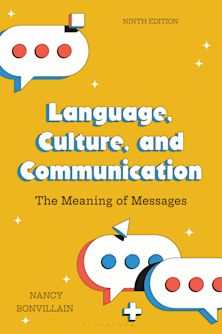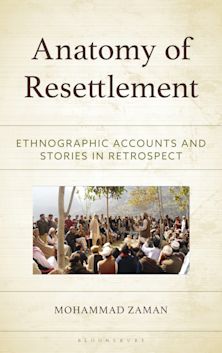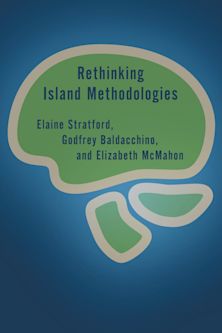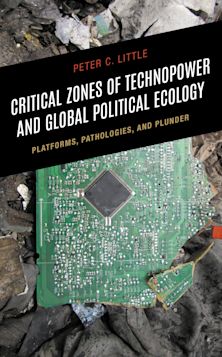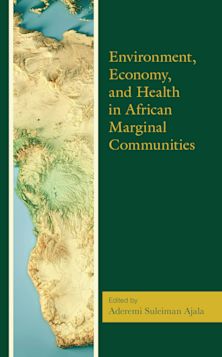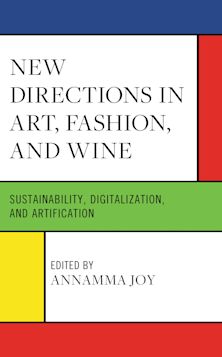Krav Maga and the Making of Modern Israel
For Zion's Sake
Krav Maga and the Making of Modern Israel
For Zion's Sake
This product is usually dispatched within 2-4 weeks
- Delivery and returns info
-
Flat rate of $10.00 for shipping anywhere in Australia
Description
This book examines the profound interplay of martial arts, combative, and self-defense disciplines with nationalism and ethno-religious politics through the analysis of Zionism, the birth of the State of Israel, antisemitism, and the life of the contemporary Jewish Diaspora in the United States. It connects martial arts studies and political science, spearheading the new field of political hoplology. Focusing on the complex formative process of national communities, their growth, resilience, and consequences for the individuals, Krav Maga and the Making of Modern Israel presents the unique case of Krav Maga (literally hand to hand combat), a self-defense system developed between the late nineteenth and early twentieth centuries, which is now considered a staple of Israeli culture and a prime self-defense practice. Through its chapters, the book provides strong evidence supporting the idea that physical violence is indeed needed as a unifying experience to allow national communities to emerge and thrive. Furthermore, it examines the growing importance of violence for modern democratic societies and suggests the existence of a “gladiatorial effect,” or the need for a certain level of violence to exist to maintain a harmonious, stable, and cooperative society.
Table of Contents
Introduction: Is Violence a Necessity for the Modern Nation-State?
1 Lions of God: A Critical History of Krav Maga
2 Jewish Nationalism and the Politics of Self-Defense
3 Once Were Warriors: The American Diaspora, Zionism, and the Warrior Mythology of Ancient Israel
4 Accept Yourself as Your Own Savior: Krav Maga as a Religious Experience
5 Si Vis Pacem Para Bellum: Krav Maga, MMA, and the Gladiatorial Effect
Conclusion: Martial Arts as a Social Vaccine
Appendix: Krav Maga and National Identity Questionnaire
References
Product details
| Published | 04 Mar 2022 |
|---|---|
| Format | Hardback |
| Edition | 1st |
| Extent | 186 |
| ISBN | 9781538143612 |
| Imprint | Rowman & Littlefield |
| Dimensions | 227 x 160 mm |
| Series | Martial Arts Studies |
| Publisher | Bloomsbury Publishing |
Reviews

ONLINE RESOURCES
Bloomsbury Collections
This book is available on Bloomsbury Collections where your library has access.












